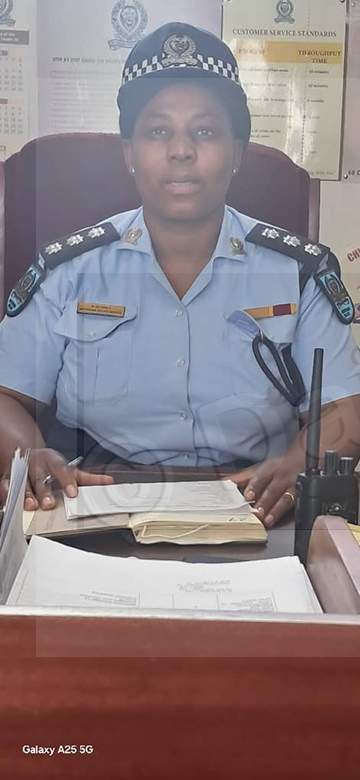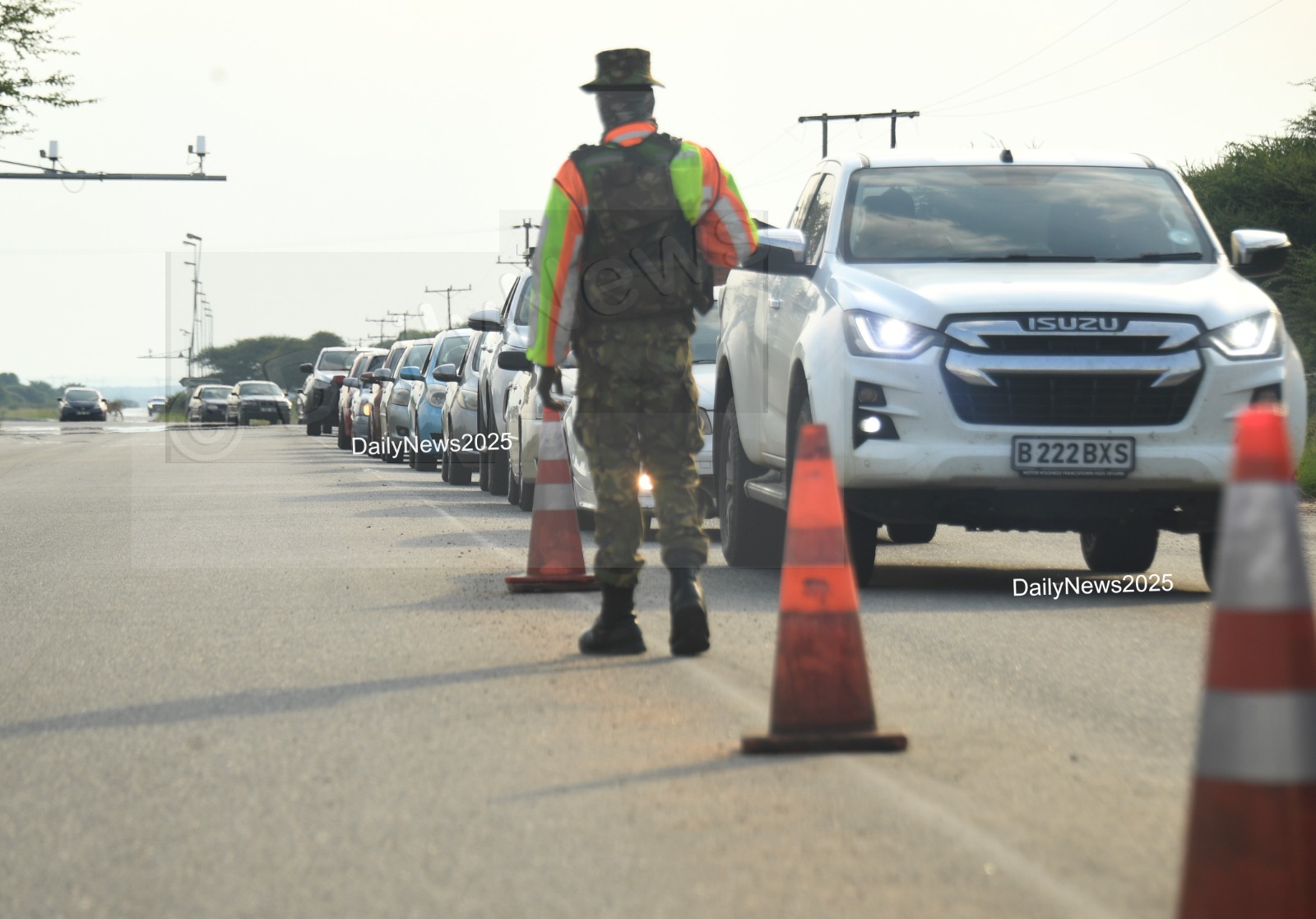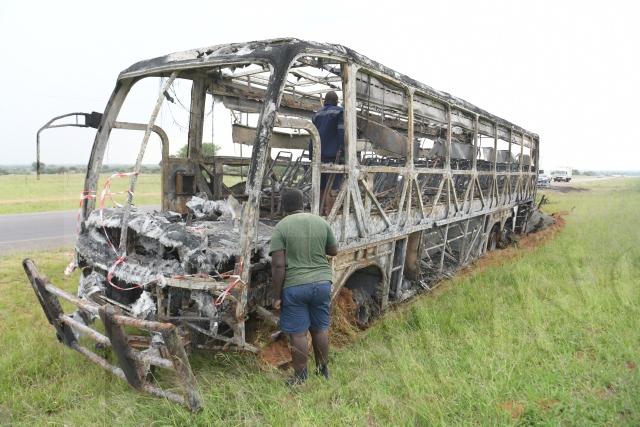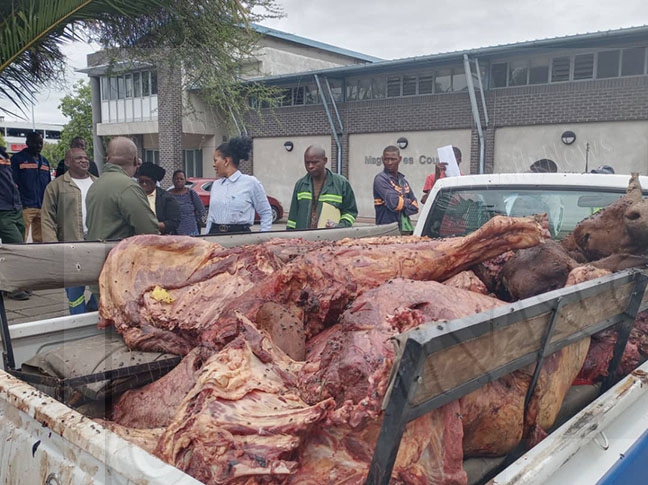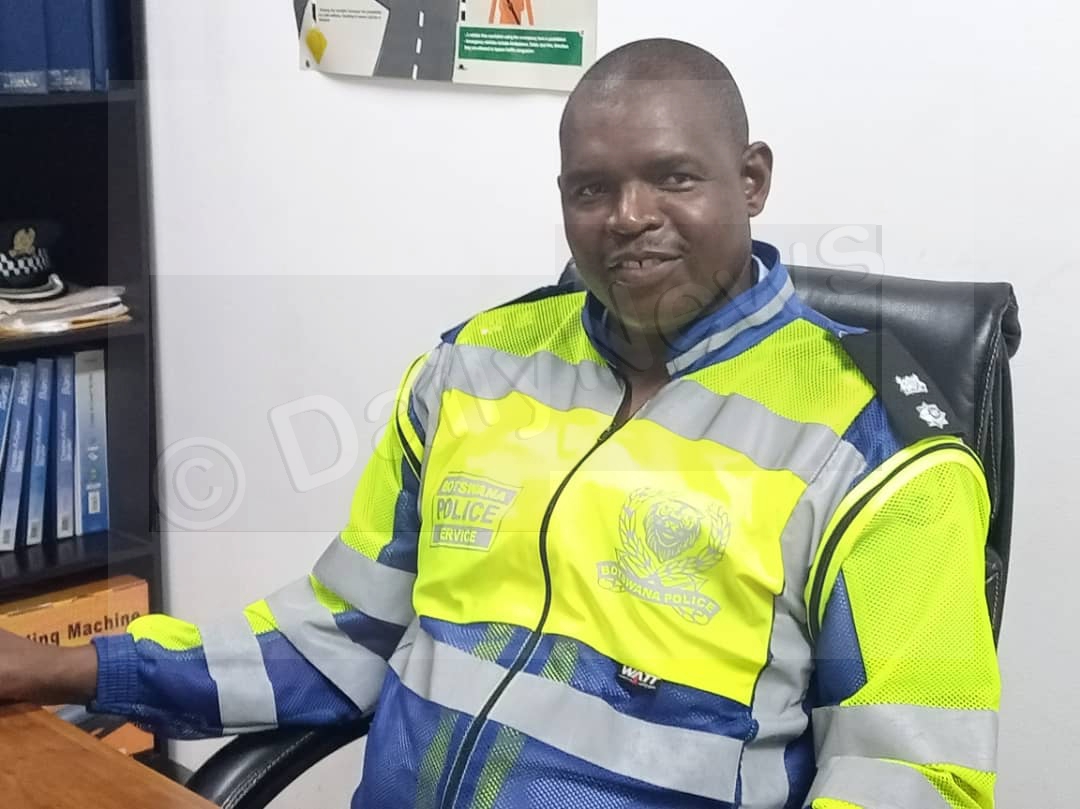NPF case to continue July 18
10 Jun 2019
Regional Magistrate (South), Mr Masilo Mathaka, has set July 18 as the date he will make a determination on the plea of the defence in the National Petroleum Fund (NPF) case for the charges preferred against Kenneth Kerekang and others, among them, Bakang Seretse, Sadique Kebonang and Zein Kebonang, to be struck off the roll.
During hearing of the case in Gaborone on Thursday, the defence led by attorneys Mr Kgosietsile Ngakaagae and Mr Unoda Mack argued for the case to be dismissed based on what they perceived to be the uncertainty of the prosecution.
Mr Ngakaagae detailed that the case, which started with the first mention on December 2017, subsequent to the arrest of Kerekang, Seretse and a third accused who has since been acquitted, Botho Leburu, had taken a year and a half without a concrete charge sheet being presented to the accused.
Instead, Mr Ngakaagae pointed out that five different charge sheets had been presented by the state during this period, while the prosecution had never adequately adhered to the request by the defence for the provision of further particulars in order to clarify the full meaning of the charges which would allow the accused to plead.
“This case started on December 3, 2017 before Justice Christopher Gabanage, the former magistrate, until he assumed office as a judge of the high court. The first charge sheet laid before the first and second accused had one count of money laundering. We asked to plead but we were denied that opportunity by the prosecution, who then came up with a second charge sheet with an amended money laundering charge,” Mr Ngakaagae said.
He further pointed out that a third charge sheet of 65 charges was later admitted before the court, before the prosecution came up with a substantial increase in the number of charges of 169 counts and before that could be admitted by the court, a new charge sheet of 189 charges was now being proposed.
“Initially, Zimbabwean counsel, Mr Ambrose Mubika led the prosecution, then a Motswana counsel and now a South African, Mr Shaun Abrahams. It seems whoever comes in brings in his own narrative and the charge sheet is altered in order to tailor proceedings to fit in with their particular narrative,” Mr Ngakaagae complained.
He said after the 65 count charge sheet had been admitted to the court, the defence had sought further particulars from the prosecution.
This was granted by the court, but Mr Ngakaagae said the answers provided did not offer sufficient clarity, with the state “repeating the same inadequate answers in defiance of the court order.”
Mr Ngakaage argued that the “vague, prejudicial conduct of the prosecution amounts to a breach of justice” and as such the court should invoke Section 147 of the Criminal Procedure and Evidence Act which provides for the quashing of a charge sheet that the court deems calculated to embarrass the accused, in support of the right to fair trial provided under Section 10 of the constitution.
Countering the arguments for the state, Mr Abrahams said after a period of making changes in order to bring a coherent case before the court, the state was now ready to try the accused.
He said it made no sense to quash the case now when the prosecution had indicated readiness to proceed with a plea for the case to be moved to the High Court.
He added that the state had as recently as May 31 filed supplementary further particulars with the defence, something which he said counsel for the accused seemed not interested in because they were in a hurry to have the charges dropped.
Mr Abrahams said while Section 147 of the Criminal Procedure and Evidence Act empowers the court to quash the charges and free the accused, it should be read along with section 148 which he said provides for such an option only when the accused were already facing trial.
He said the case cited by Mr Ngakaage in favour of the quashing of the charge sheet, the Molefi case of 2004 had been struck off the roll by the Court of Appeal after a prior conviction, rather than being quashed before the accused pleaded and proceeded to face trial.
But, Mr Unoda Mack, another representative of the accused differed with Mr Abrahams on his interpretation of the word ‘trial’ as used in Section 148 of the act, saying trial began the moment the accused were arraigned for first mention before the court.
Supplementing the arguments of Mr Abrahams, Mr Ernest Mosate of the Directorate of Public Prosecutions (DPP) said the defence should have given sufficient evidence in time as to why they believed the case had to be quashed, something he said did not occur.
Mr Mosate also urged the court to consider implications of dropping the charges, saying it was in the interest of justice that the accused persons should ventilate their defence and for the trial to be brought to its finality.
He said removing the charges would be counterproductive sincethe prosecution would still file a new case.
Mr Mosate argued that the state had now reached a conclusive charge sheet of the 189 counts which they believe should be admitted to court, with an additional accused persons added with the case being moved to the High Court.
Magistrate Mathaka will listen to the arguments of that proposal by the state and make a determination should he decide not to quash the charges when proceedings resume on July 18. ENDS
Source : BOPA
Author : BOPA
Location : GABORONE
Event : Court case
Date : 10 Jun 2019


